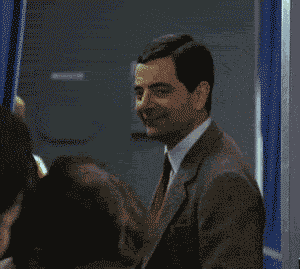Fig. 1: Mr. Bean mockingly waving his first class ticket. Despite logging my fair share of miles, I have never witnessed a real-life "air rage" incident. But honestly, who doesn't feel enraged after flying these days? Tiny seats, your knees shoved into your armpits, and paying $8 for a soggy sandwich would make almost anyone crack. Knowing that the lucky few who can afford a first-class ticket are sitting in (relative) luxury just feet away makes it even more unbearable. And, sure enough, these researchers claim that airline reported air rage incidents are nearly four times as likely on flights with first class seating. Not only that, but making passengers walk through first class to get to their crappy economy seats makes it even worse:
"Finally, our hypothesis that situational inequality—boarding from the front of the plane—would predict greater incidence of air rage in first class was supported: front boarding ...














